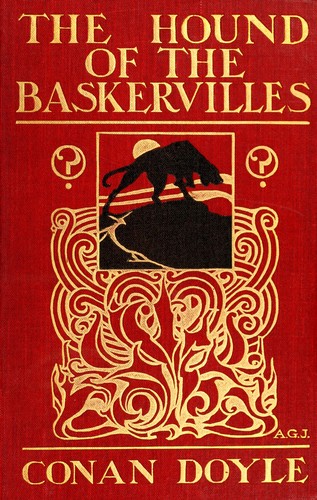Course
Table Of Contents

Introduction (A1)

Grammar (A2)

Parts of Speech (A1)

Verbs (A1)
 Infinitives (A2)
Infinitives (A2) Regular Verbs (A2)
Regular Verbs (A2) Irregular Verbs (A2)
Irregular Verbs (A2) Reflexive Verbs (A2)
Reflexive Verbs (A2) Auxiliary Verbs (A2)
Auxiliary Verbs (A2) Modal Verbs (A2)
Modal Verbs (A2) Verbs and Prepositions (B1)
Verbs and Prepositions (B1) Stative and Dynamic (A2)
Stative and Dynamic (A2) Verb Patterns (B1)
Verb Patterns (B1) Causative Constructions (B1)
Causative Constructions (B1) Gerunds (A2)
Gerunds (A2) Past Participles (A2)
Past Participles (A2) Present Participles (A2)
Present Participles (A2) Phrasal Verbs (A2)
Phrasal Verbs (A2) Irregular Verb Conjugation (A2)
Irregular Verb Conjugation (A2)

Nouns (A1)

Pronunciation And Orthography (A2)

Words (A1)

Comparisons (A2)
 Good vs Well (A2)
Good vs Well (A2) Much vs Many (A2)
Much vs Many (A2) There vs Their (A2)
There vs Their (A2) To, Too, Two (A2)
To, Too, Two (A2) Carry Vs Bring (A2)
Carry Vs Bring (A2) Affect vs Effect (A2)
Affect vs Effect (A2) Accept vs Except (A2)
Accept vs Except (A2) Then Vs Than (A2)
Then Vs Than (A2) Lose vs Loose (A2)
Lose vs Loose (A2) Farther vs Further (A2)
Farther vs Further (A2) Advice vs Advise (A2)
Advice vs Advise (A2) Rise vs Raise (B1)
Rise vs Raise (B1) Fewer vs Less (A2)
Fewer vs Less (A2) Who vs Whom (A2)
Who vs Whom (A2) Either vs Neither (A2)
Either vs Neither (A2) Have vs Has (A1)
Have vs Has (A1)

Word Usage (A2)
 Be Verbs (A1)
Be Verbs (A1) Modal Verbs (A2)
Modal Verbs (A2) Become Became Become (A2)
Become Became Become (A2) Come Forms (A2)
Come Forms (A2) Do Conjugation (A2)
Do Conjugation (A2) Give Gave Given (A2)
Give Gave Given (A2) Go Went Gone (A2)
Go Went Gone (A2) Keep vs Kept (A2)
Keep vs Kept (A2) Lie Lay Lain (B1)
Lie Lay Lain (B1) Lose and Lost (A2)
Lose and Lost (A2) Meet Met (A2)
Meet Met (A2) See Saw Seen (A2)
See Saw Seen (A2) Speak Spoke Spoken (A2)
Speak Spoke Spoken (A2) Take Took Taken (A2)
Take Took Taken (A2) Make Made Made (B1)
Make Made Made (B1) Begin Began Begun (A2)
Begin Began Begun (A2) Have Something Done (B1)
Have Something Done (B1)

Vocabulary (A2)



















